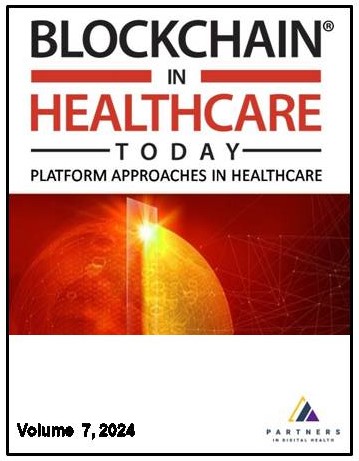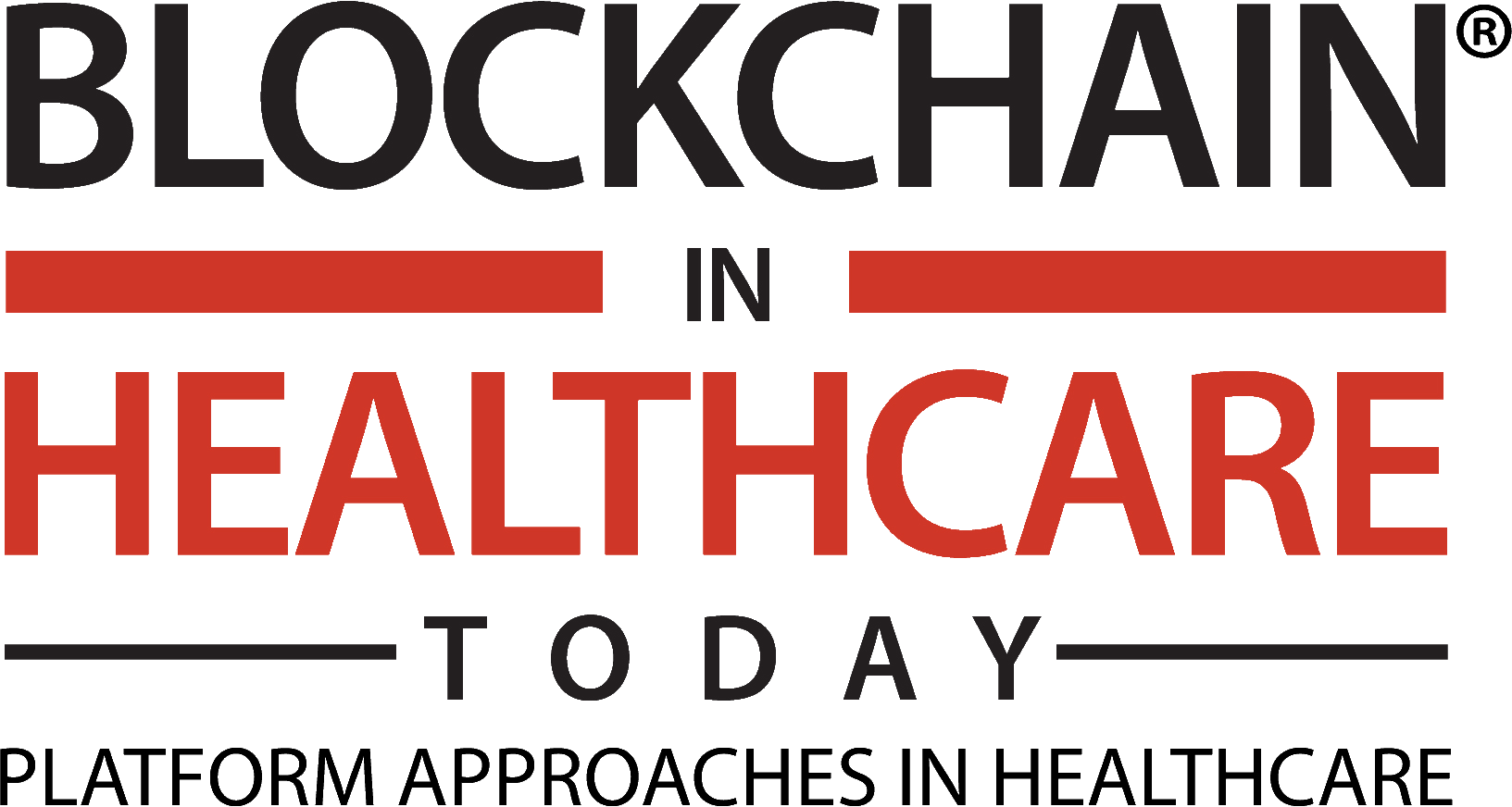
Additional files
More articles from Volume 4, Issue 1, 2021
Commercially Successful Blockchain Healthcare Projects: A Scoping Review
Blockchain predictions for health care in 2021
A Proposal for Decentralized, Global, Verifiable Health Care Credential Standards Grounded in Pharmaceutical Authorized Trading Partners
Leveraging Blockchain Technology for Informed Consent Process and Patient Engagement in a Clinical Trial Pilot
The Case for Establishing a Blockchain Research and Development Program at an Academic Medical Center
Article views
Citations

0
Leveraging Blockchain Technology for Informed Consent Process and Patient Engagement in a Clinical Trial Pilot
 ,
,
 ,
,
 ,
,
 ,
,
 ,
,
 ,
,
 ,
,
 ,
,

Abstract
Objective: Despite the implementation of quality assurance procedures, current clinical trial management processes are time-consuming, costly, and often susceptible to error. This can result in limited trust, transparency, and process inefficiencies, without true patient empowerment. The objective of this study was to determine whether blockchain technology could enforce trust, transparency, and patient empowerment in the clinical trial data management process, while reducing trial cost. Design: In this proof of concept pilot, we deployed a Hyperledger Fabric-based blockchain system in an active clinical trial setting to assess the impact of blockchain technology on mean monitoring visit time and cost, non-compliances, and user experience. Using a parallel study design, we compared differences between blockchain technology and standard methodology. Results: A total of 12 trial participants, seven study coordinators and three clinical research associates across five sites participated in the pilot. Blockchain technology significantly reduces total mean monitoring visit time and cost versus standard trial management (475 to 7 min; P = 0.001; €722 to €10; P = 0.001 per participant/visit, respectively), while enhancing patient trust, transparency, and empowerment in 91, 82 and 63% of the patients, respectively. No difference in non-compliances as a marker of trial quality was detected. Conclusion: Blockchain technology holds promise to improve patient-centricity and to reduce trial cost compared to conventional clinical trial management. The ability of this technology to improve trial quality warrants further investigation.
Keywords
References
Citation
Copyright
This is an open access article distributed under the Creative Commons Attribution License which permits unrestricted use, distribution, and reproduction in any medium, provided the original work is properly cited.
Article metrics
The statements, opinions and data contained in the journal are solely those of the individual authors and contributors and not of the publisher and the editor(s). We stay neutral with regard to jurisdictional claims in published maps and institutional affiliations.

